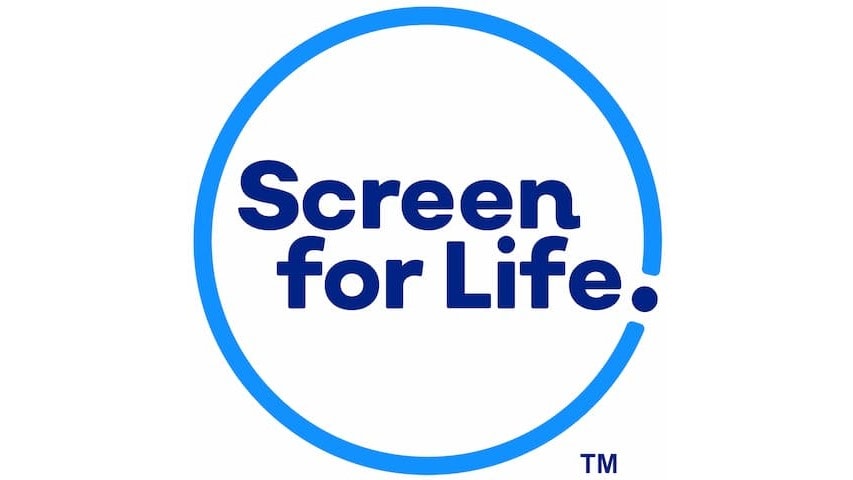At a glance
CDC's Screen for Life: National Colorectal Cancer Action Campaign informs men and women who are 45 years old or older about the importance of getting screened for colorectal cancer regularly. Screening tests help find precancerous polyps (abnormal growths) so they can be removed before they turn into cancer. This prevents colorectal cancer. Screening also can find this cancer early, when treatment works best. But many adults have not been screened as recommended.

Campaign background
The Screen for Life campaign is based on an extensive review of communication and behavioral science literature. Since 1999, CDC has conducted more than 225 focus groups nationally to assess knowledge, behaviors, and screening practices related to colorectal cancer. We have also tested campaign messages and materials with audiences the campaign intends to reach.
Focus group members were grouped by gender, age, and race and ethnicity. We also asked state health departments what types of materials would be most helpful to local efforts.
Key messages
- Screening for colorectal cancer saves lives.
- Colorectal cancer is a leading cause of cancer death in the United States.
- If you're 45 or older, see your doctor and get screened for colorectal cancer.
- There are several screening test options. Talk to your doctor about which is right for you.
- Screening helps prevent colorectal cancer by finding precancerous polyps (abnormal growths) so they can be removed before they turn into cancer.
- Screening helps find colorectal cancer early, when treatment can be very effective.
- Don't wait for symptoms to be checked. Precancerous polyps and colorectal cancer don't always cause symptoms, especially early on.
- You need to get screened even if you have no family history. Most colorectal cancers occur in people with no family history of the disease.
Research publications about the campaign
- Cooper CP, Gelb CA. Opportunities to expand colorectal cancer screening participation. J Womens Health (Larchmt). 2016;25(10):990–995.
- Cooper CP, Gelb CA, Chu J. Life cycle of television public service announcements disseminated through donated airtime. Prev Med Rep. 2015;2:202–205.
- Cooper CP, Gelb CA, Lobb K. Celebrity appeal: Reaching women to promote colorectal cancer screening. J Womens Health (Larchmt). 2015;24(3):169–173.
- Ekwueme DU, Howard DH, Gelb CA, Rim SH, Cooper CP. Analysis of the benefits and costs of a national campaign to promote colorectal cancer screening: CDC's Screen for Life National Colorectal Cancer Action Campaign. Health Promot Pract. 2014;15(5):750–758.
- Cooper CP, Gelb CA, Hawkins NA. How many "get screened" messages does it take? Evidence from colorectal cancer screening promotion in the United States, 2012. Prev Med. 2013;60:27–32.
- Cooper CP, Gelb CA, Chu J, Polonec L. Can donated media placements reach intended audiences? Health Promot Pract. 2013;14(5):656–662.
- Cooper CP, Gelb CA, Jameson H, Macario E, Jorgensen CM, Seeff L. Developing English and Spanish television public service announcements to promote colorectal cancer screening. Health Promot Pract. 2005;6(4):385–393.
- Cooper CP, Williams KN, Carey KA, Fowler CS, Frank M, Gelb CA. Advertising campaign on a major Internet search engine to promote colorectal cancer screening. BMJ 2004;328(7449):1179–1180.
- Jorgensen C, Gelb CA, Richards TB, Cooper CP. Centers for Disease Control and Prevention. Donated television airplay of colorectal cancer education public service announcements—United States, 1999–2002. MMWR Morb Mortal Wkly Rep. 2003;52(10):196–199.
- Jorgensen CM, Gelb CA, Merritt TL, Seeff LC. Observations from the CDC: CDC's Screen for Life: A national colorectal cancer action campaign. J Womens Health Gend Based Med. 2001;10(5):417–422.
